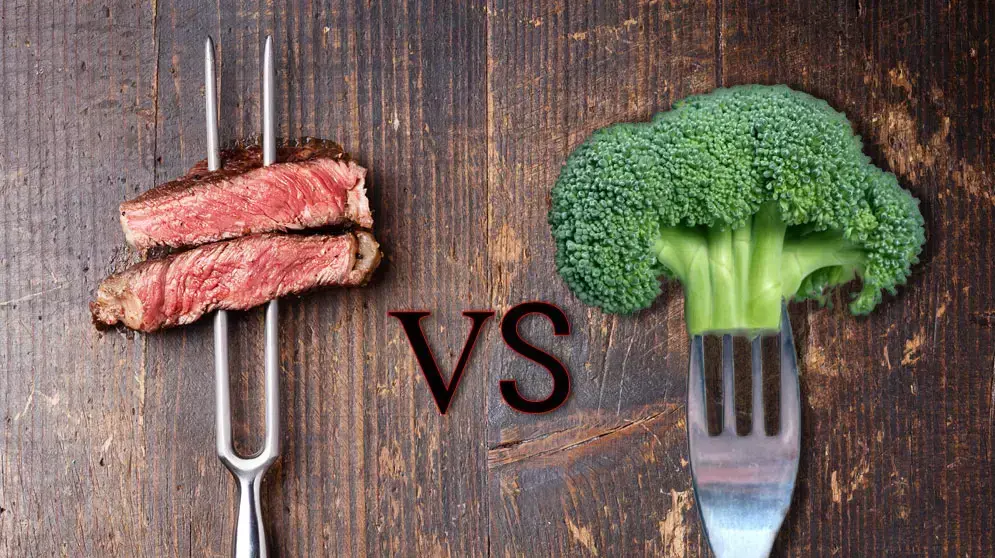Sugar, salt, portion size: consumers who often go to fast food
restaurants
run the risk of having "
degraded nutritional intakes
", warns a study by ANSES, which considers that improving the supply of these restaurants should constitute a a "
priority
".
Read also: The American fast-food chain Fatburger arrives in France
On average, fast food only represents 5% of food intake by adults, but “
its attendance at least once a week doubled between 2006 and 2014
”, underlines the National Food Safety Agency.
And the recent evolution of their market share, boosted by the health crisis linked to Covid-19, suggests "
a greater contribution to the future
".
Fatty, sugary and ultra-processed foods
Among regular consumers of these establishments, families of foods such as sandwiches, pizzas and pies, as well as sugary drinks (sodas, juices, etc.) "
contribute a lot to their nutrient intake
", observes Carine Dubuisson, the one of the coordinators of the study published on Thursday.
“
It's not so much the amount of nutrients that will be different, but their nature,
” she adds.
Thus, sugar intake will be "
more related to sugary drinks
" than to fruits, lipids will come more from processed products such as quiches and pizzas, and so on.
The authors also found that the portions of ice cream served were larger than in traditional restaurants or at home.
According to the recommendations of the health agency, revised in 2019, the French are particularly encouraged to reduce their consumption of sugary drinks, meat, fatty, sweet, salty and ultra-processed foods.
Conversely, they should increase the intake from fruits, vegetables and pulses.
The ANSES report, which is based on actual consumption data collected in 2014-2015, draws up "
an inventory of food consumption and nutritional contributions
" of meals taken away from home (fast, traditional and collective catering).
It focuses on schoolchildren (aged 3 to 17), students and working adults, “the
main user populations for out-of-home catering
”.
If 80% of food is taken at home, "
every week, eight out of ten people eat one or more meals outside the home, so it is still an important subject in the diet of the French
", underlines Carine Dubuisson.
A satisfecit for the canteens
"
The objective of the report is not to stigmatize fast food, but to take stock of what is consumed
" and suggest avenues for improvement: "
broaden the offer
", for example by offering fruit salads among desserts, “
working on portion sizes
” and recipes, in particular.
The study, on the other hand, gives satisfaction to school and company canteens, attended at least once a week by 40% of working adults and 75% of children and adolescents.
They represent respectively 10% and between 15% and 20% of their nutritional intake.
“
Consumption there is more in line with current dietary recommendations
”: “
more fruit and vegetables, dairy products and fiber
”, less sodas, pizzas and salt.
This sector is already more supervised, with recommendations for company restaurants and regulations for school canteens on the composition of meals, size of portions, etc.
As a result, ANSES recommends “
facilitating access to collective catering for the greatest number of people
”, in particular non-managers and children from the least advantaged social backgrounds, who currently frequent them less.









